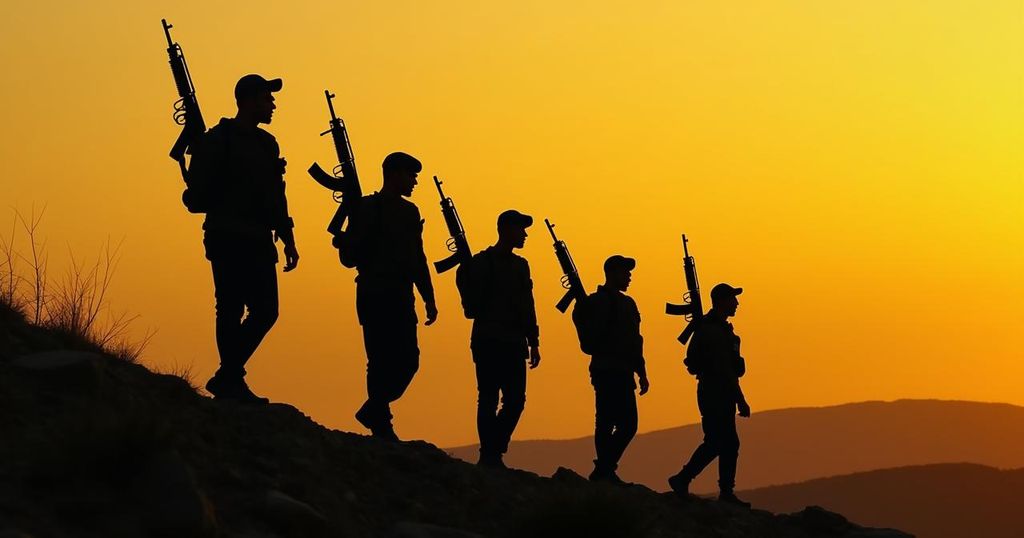Hezbollah Decapitation Forces Iran to Reassess Its Strategies

The article discusses the political turmoil in Iran following the assassination of Hezbollah leaders, particularly focusing on the internal pressure faced by Iran’s reformist government from hardliners demanding a stronger response to Israeli actions. While seeking to avoid direct confrontation, Iran’s strategy is under scrutiny as the country grapples with how to reestablish deterrence without escalating tensions with Israel.
The assassination of key Hezbollah figures, including its leader Hassan Nasrallah and Iranian Brig Gen Abbas Nilforushan, has introduced a complex dynamic into Iran’s strategic calculations. While Iran’s reformist government, under President Masoud Pezeshkian, insists it will not deploy troops to Lebanon, internal pressures from hardliners are mounting. These hardliners are critical of the government’s approach, accusing it of inadequately responding to Israeli aggression and undermining Iran’s position in the region. In recent developments, the Iranian Foreign Ministry’s spokesperson, Nasser Kanaani, reiterated that Iran does not see the necessity of sending supplemental forces, as local governments are deemed capable of addressing Israeli threats. However, this stance has faced significant backlash from conservative factions within the Iranian political landscape, who claim that Tehran’s restraint following prior Israeli actions has emboldened Israel. High-ranking officials have even suggested that someone in the government disobeyed the supreme leader’s directives to retaliate against Israel following past provocations. The political tensions are palpable, heightened by Israeli Prime Minister Benjamin Netanyahu’s assertions that Nasrallah’s death signifies a pivotal shift in the regional power balance. Additionally, Jared Kushner’s comments regarding Hezbollah’s leadership demise underscore the perceived vulnerability of Iranian deterrent capabilities, further complicating Iran’s strategic posturing. Given the precarious situation, experts caution against any direct military confrontation with Israel, which could severely damage Iran’s military credibility and exacerbate internal legitimacy crises. Possible strategic responses for Iran include the gradual rebuilding of Hezbollah alongside the pursuit of low-level operational measures, or an acceleration of their nuclear program to restore deterrence and security in the region.
The article explores the aftermath of recent high-profile assassinations of Hezbollah leaders, which have placed immense pressure on Iran’s government to redefine its response strategies. The backdrop involves longstanding tensions between Iran, Hezbollah, and Israel, compounded by internal Iranian political dynamics, particularly the juxtaposition of reformist moderate approaches and hardline conservative positions. As accusations of a failure to adequately respond to Israeli provocations escalate, the stability of Iran’s strategic alliances and regional influence is called into question.
In summary, the recent developments surrounding the decapitation of Hezbollah’s leadership have thrust Iran into a challenging strategic position, facing both external pressure from Israel and internal discord among political factions. While Iran seeks to avoid direct conflict with Israel, the calls for retaliation and assertion of military capability reflect a growing urgency to reaffirm its deterrent posture. The future trajectory of Iran’s response will likely involve a combination of rebuilding allied forces and addressing the internal political ramifications of these events.
Original Source: www.theguardian.com








